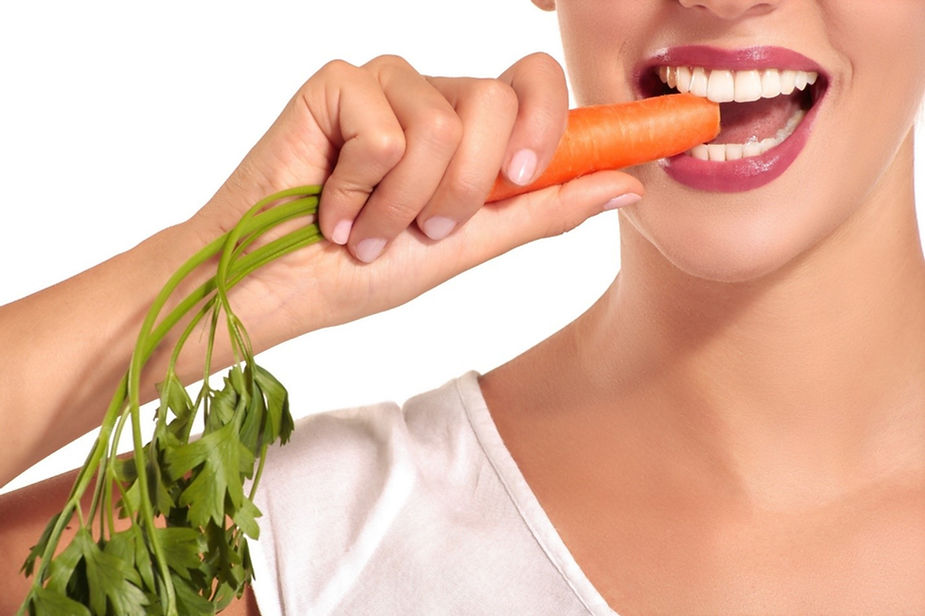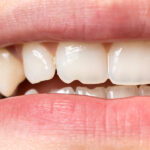
The Best and Worst Foods for Your Teeth
The saying “you are what you eat” applies strongly to your oral health. Every time you consume sugary or starchy foods, you are not only nourishing yourself but also feeding the bacteria inside your mouth. The best dentist in new york city emphasizes the importance of a balanced diet to minimize plaque buildup and protect your teeth from decay. These bacteria form a sticky, colourless layer called plaque that clings to your teeth. When plaque comes into contact with sugars or starches, it produces acids that attack tooth enamel. Over time, repeated acid exposure erodes enamel, leading to cavities. Moreover, the bacteria in plaque trigger inflammation, which can damage gums, bone, and the supporting structures of your teeth.
While certain foods speed up tooth decay, others help protect and strengthen teeth. Knowing which foods are beneficial and which to limit can make a big difference in your oral health.
Foods That Promote Healthy Teeth
Fibre-rich fruits and vegetables:
Crunchy, fibrous produce stimulates saliva flow, which acts as a natural defence against plaque. The best dentist in New York City often recommends including such foods in your diet to naturally protect and strengthen your teeth. Saliva helps wash away food particles, neutralise acids, and restore essential minerals like calcium and phosphate that bacteria remove from your teeth. According to the American Dental Association (ADA), fibre-rich foods support cleaner teeth and healthier gums.
Dairy products:
Milk, cheese, and yoghurt are packed with calcium and phosphates, both of which strengthen enamel and replace minerals lost due to acidic foods. Cheese in particular stimulates saliva production, further protecting your teeth.
Green and black tea:
These teas contain polyphenols, compounds that limit or destroy harmful bacteria in plaque. By reducing bacterial growth and acid production, teas can safeguard enamel. Depending on the water used, tea can also provide fluoride, which fortifies teeth.
Sugar-free chewing gum:
Chewing gum without sugar encourages saliva flow and helps clear out food particles left behind after meals.
Fluoride-rich foods and drinks:
Fluoridated water, soups, juices (low in sugar), seafood, and some cereals provide fluoride, which strengthens teeth and prevents decay.
Foods That Harm Your Teeth
Sticky sweets and candies:
Candies that linger in the mouth, like lollipops, toffees, or caramels, expose teeth to sugar for longer periods. While chocolate dissolves faster, dark chocolate with high cocoa content is a better option due to some health benefits.
Starchy snacks:
Soft bread, crackers, and potato chips can easily get lodged between teeth, creating breeding grounds for bacteria.
Sugary soft drinks:
Sodas are a major source of added sugar for children and teens. Besides sugar, their acidic content (citric and phosphoric acid) erodes tooth enamel.
Alcohol and certain medications:
These can dry out the mouth, reducing saliva flow and leaving teeth more vulnerable. In such cases, dentists often recommend fluoride rinses or gels to provide extra protection.
Smart Eating Habits for Oral Health
To minimise the risk of tooth decay, the ADA suggests simple practices:
- Consume sugary foods during meals, when saliva production is higher.
- Limit snacking between meals, and consider chewing sugar-free gum afterwards.
- Drink fluoridated water regularly to strengthen enamel.
- Brush at least twice daily and floss once a day to keep plaque under control.

















